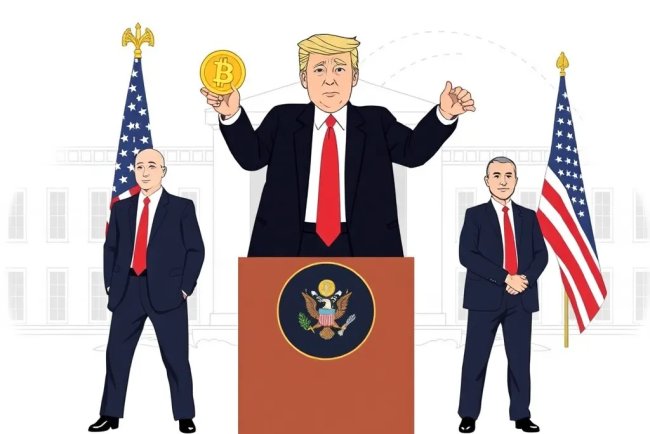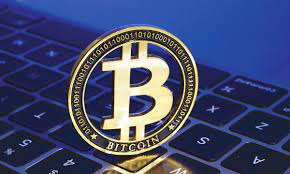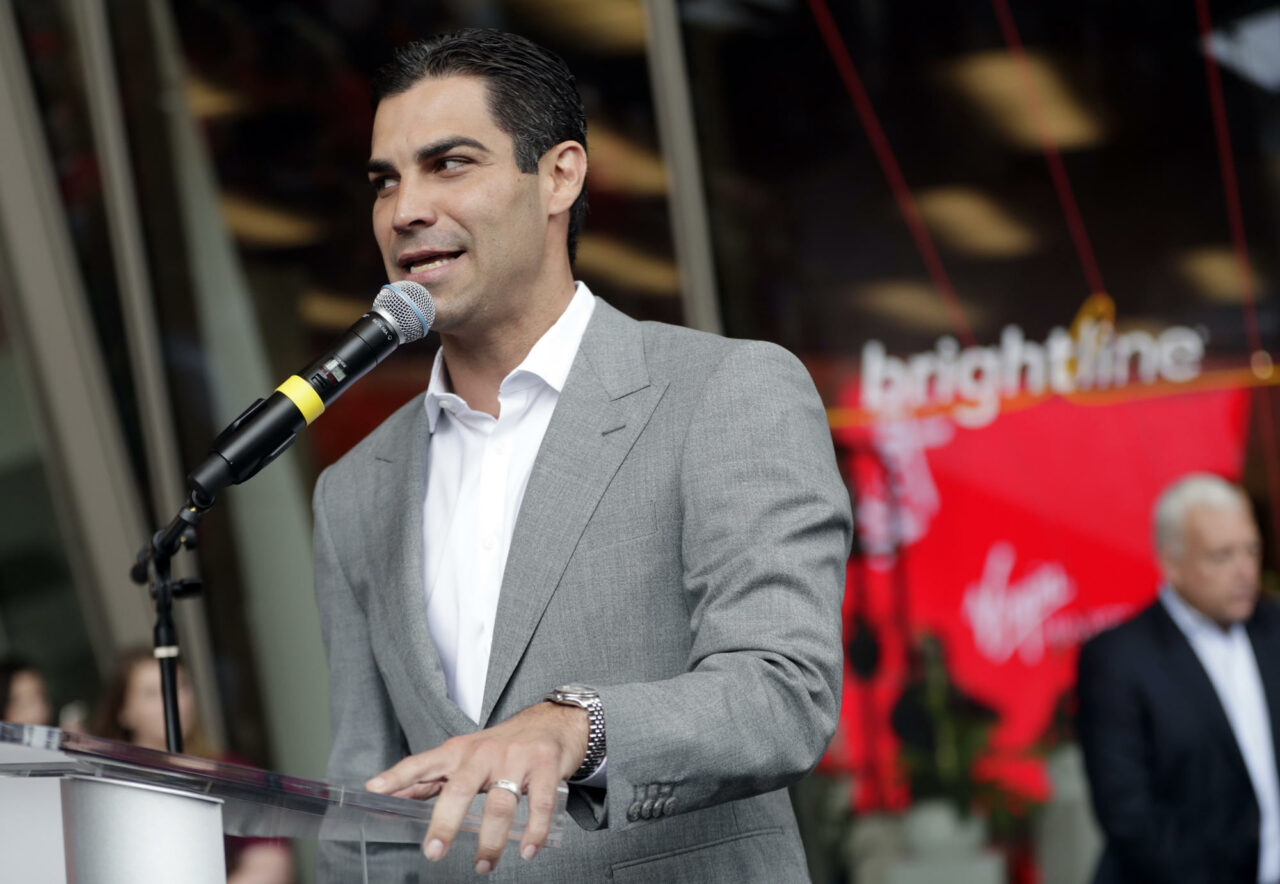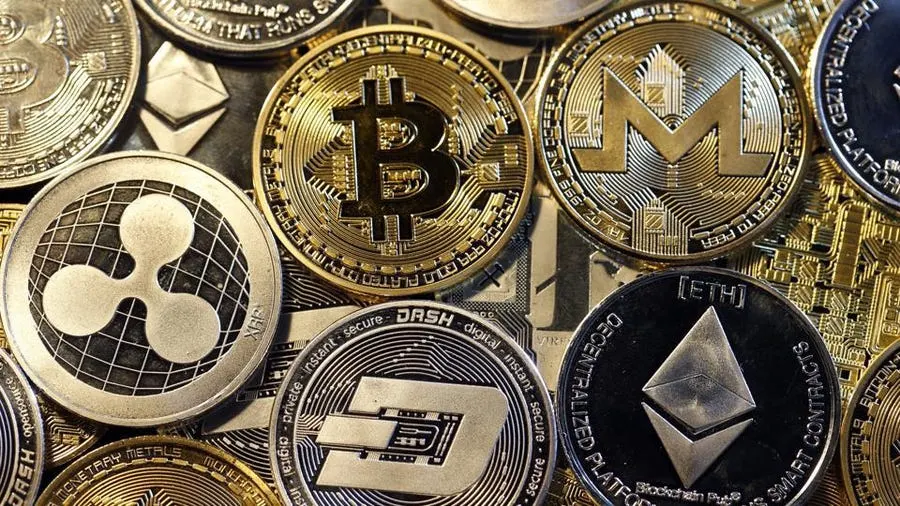Polymarket Resolves 2024 Presidential Election Contract
Polymarket finalizes its 2024 Presidential election contract, confirming Trump's victory, and highlights significant user engagement and market implications.
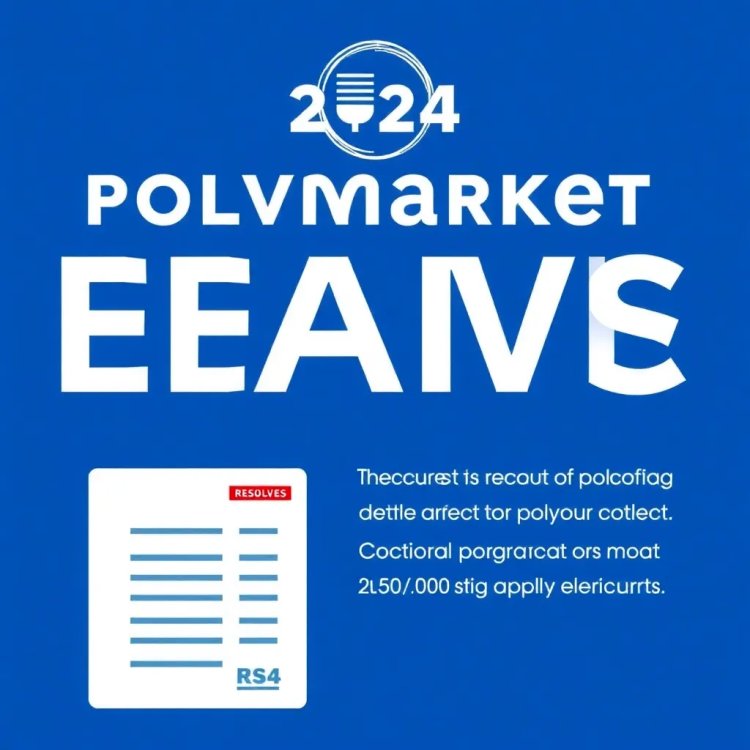
-
Polymarket has finalized its Presidential election contract, marking a significant moment for prediction markets with over $3.6 billion in trading volume.
-
The resolution occurred just before 11 a.m. Eastern Time, shortly after the Associated Press and NBC announced Donald Trump's victory.
-
According to market rules, the election outcome required confirmation from the Associated Press, NBC, and FOX News, with Fox News being the first to declare Trump the winner.
Election Outcome Details
Republican Donald Trump’s historic reelection as U.S. president concluded Polymarket's contract that allowed users to predict the 2024 election results. The contract saw substantial engagement, with more than $3.6 billion flowing through the platform.
The contract was resolved shortly before 11 a.m. ET, following the announcements from the Associated Press and NBC. Fox News was the first major network to project Trump’s victory a little after 1:45 a.m. ET, after he secured wins in key swing states including North Carolina, Wisconsin, Pennsylvania, and Georgia.
The time gap between the market conditions being met and the contract resolution was due to a necessary proposal on UMA, Polymarket's oracle and resolution source. UMA's system allows for challenges to proposed outcomes, requiring a bond during a two-hour challenge period. If a dispute arises, UMA token holders vote on the final resolution.
Major Winners
On-chain data reveals that a French financial services professional, identified only as Theo, emerged as the biggest winner of the night, amassing over $47.5 million across various contracts, including the Presidential election and popular vote contracts.
Theo's strategy involved creating multiple accounts on the platform, all placing bets in favor of Trump, which sparked some controversy. Critics suggested this could be a form of dark money attempting to sway public opinion.
In an interview with the Wall Street Journal, Theo defended their actions, stating they were engaging in "high-conviction" trades with substantial liquid assets at stake. They chose to remain anonymous to avoid scrutiny from friends and family.
Another notable winner on the platform was a user named 'zxgngl', who joined Polymarket just a month ago and secured an impressive $11.4 million in profits.
Implications for Prediction Markets
The success of Polymarket's presidential election contract has significantly raised awareness of prediction markets as a forecasting tool, often viewed as more reliable than traditional polling methods. However, Rajiv Sethi, a Professor of Economics at Columbia's Barnard College, urges caution.
Sethi emphasizes that the effectiveness of prediction markets compared to statistical models can only be determined through data analysis, not mere logic. He advocates for a detailed examination of individual state outcomes, popular votes, and congressional races to evaluate the accuracy of both models and markets.
He also points out that various factors, including transaction observability, KYC requirements, participation restrictions, and position limits, influence prediction markets. Analyzing these elements will require ongoing data scrutiny.
According to on-chain data from Dune, as of early November, 73.8% of Polymarket's volume was attributed to election-related betting.
What's Your Reaction?








